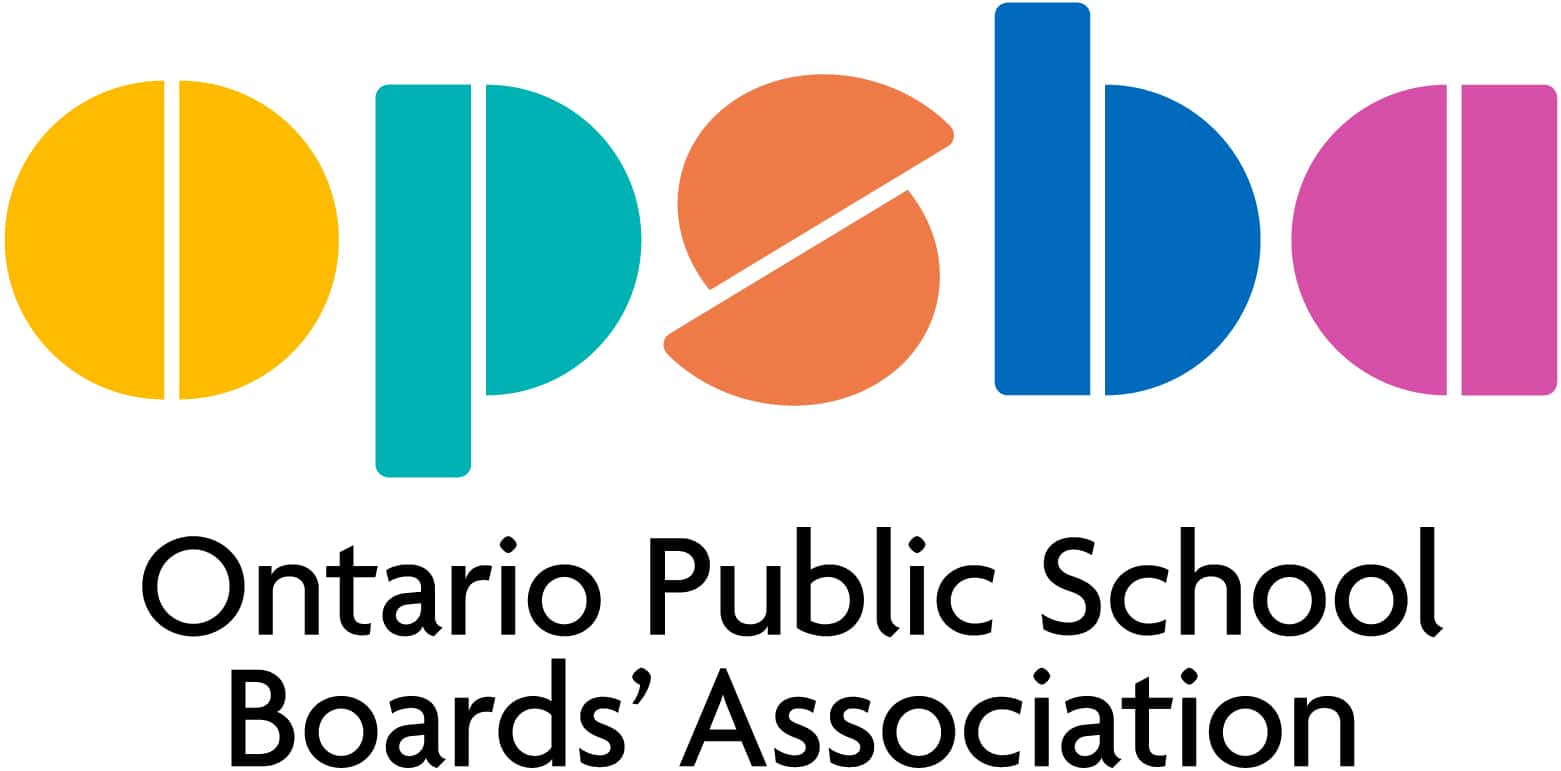Waterloo Region District School Board
Learning from the Land at the WRDSB
By Ross Howey and Ben Jaklic, Waterloo Region DSB
Students in the Waterloo Region DSB (WRDSB) aren’t confining their learning to the classroom, thanks to Land Based Indigenous Studies. Nicole Robinson, equity and inclusion officer – Indigenous focus with the WRDSB, explained that this program aims to help reconnect students with the land and introduce Indigenous perspectives and ideas of connection to the land through existing curriculum.
“There is a way Indigenous people live in relation to land that we’ve gotten away from,” said Robinson.
Classrooms, chairs, desks, and writing utensils are all examples of a colonial education system. Land based education aims to bring students back to the land and build their understanding of the relationships humans have with the land and all other living things.
“I really hope that students will walk away with an understanding about who they are in relation to the rest of Mother Earth,” Robinson said.
Andrew Judge, a professor and coordinator of Indigenous Studies at Conestoga College, explained that the process of colonization has disconnected humans from the land and from the things they need to survive. It has made us reliant on grocery stores and food that does not feed our spirits.
“It’s not just about planting trees, it’s more about recovering people’s memory of what it means to be human,” said Judge.
Karen Lillie, a teacher at Eastwood Collegiate Institute (ECI) in Kitchener, explained the experience students have learning outdoors is one that they carry with them forever. The memories they create, the knowledge they gain and the way they learn outdoors are unlike anything they will experience in the classroom.
“The best lesson I give in a classroom will never compare,” said Lillie.
Students aren’t only learning about biology and social studies while outdoors. Lillie explained the opportunity allows them to cover a variety of subjects simultaneously and gives students a chance to make connections between these areas that they otherwise might not.
“We’ve covered a lot of science, math, phys-ed. We’ve covered all these curriculums,” said Lillie about Indigenous land based teaching.
Hearing first-hand from the students, it’s clear to see they get a lot from the experience. Nate Lachambre, a student from ECI felt like his time learning outdoors offered him the chance to make his mark on the land while focusing on Indigenous learning. He looks forward to coming back years or decades in the future and being able to see the trees he planted as part of the landscape.
“The aspect of me leaving my mark somewhere,” said Lachambre. “I was a part of that.”
Nathan Mantey, an outdoor education specialist with the WRDSB, explained that this is exactly what Land Based Indigenous Studies is hoping to achieve. Connecting students with the land and authentic Indigenous voices, community members and knowledge keepers to help WRDSB students build connections with the land and Indigenous culture.
“When we learn more about best practices for incorporating Indigenous worldviews into classrooms and curriculums we discover we really need to be taking students outside,” said Mantey.
Video Credit: Courtesy of Waterloo Region DSB
| Previous Article | Next Article |

